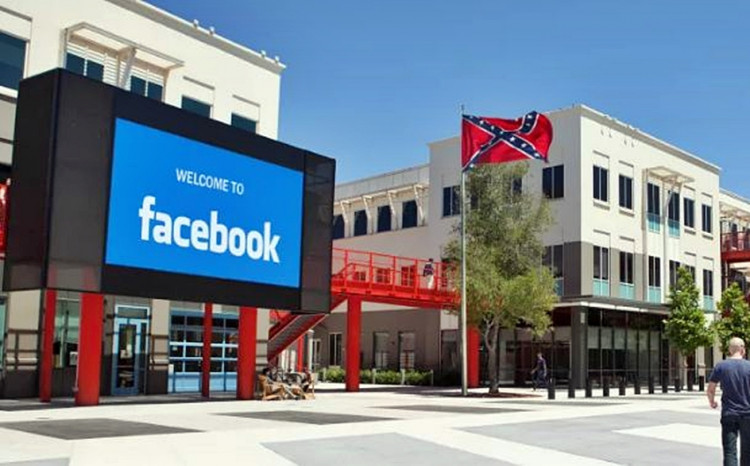Vietnam's new cybersecurity law have caught one of its first, and probably biggest, offender, Facebook. The social networking giant is potentially facing huge legal repercussions after Vietnam's new cybersecurity law took into effect on Jan. 1.
Vietnam's new cybersecurity law requires internet companies to get rid of 'toxic content' on their website. Furthermore, the law also requires these companies to hand over user data to the government. Following these allegations, Facebook said that the company is currently in talks with the Vietnamese government in order to work the issue out.
In a statement, Facebook said, "We have a clear process for governments to report illegal contents to use, and we review all those requests against our terms of service and local law. We are transparent about the content restrictions we make in accordance with local law."
Facebook's statement came in as a response to reports that the Vietnamese Ministry of Information and Communication filed a complained about the social network's practice of allowing users to upload toxic contents and anti-government sentiments.
While many observers have noted that this is in clear violation of freedom of expression, Vietnam's new cybersecurity law encompasses much more than that. What is even more threatening, not only to users, but towards internet service providers and online companies is the provision which requires these companies to hand over user data to the government.
Under this new cybersecurity law, internet companies and services providers such are required to store all their data locally. This particular provision have caused many in the country to fear about possible data and privacy breaches. This particular rule have caused Facebook to walk the thin line between following local regulations and its commitment to give "free expression maximum possible range."
On Wednesday, state broadcaster Vietnam Television reported that Facebook have failed to comply with the new cybersecurity rules and that the social networking giant still has not made the appropriate steps in taking down alleged illegal pages. The report cited the request coming from the country's Information and Communications Ministry.
Vietnam Television later reported that the ministry have sent several emails and letters requesting for the removal of Facebook pages sharing anti-government activities. The report added that Facebook claimed that these pages do not violate any community standards.
Vietnam is also accusing Facebook of hosting various advertisements that are deemed illegal in the country. Among these illegal products are fake goods, firecrackers, weapons, and counterfeit money.
It is important to note that social networking platforms like Facebook is widely considered by many in Vietnam as a crucial outlet to show dissent in a country where public protests and independent press are banned.





